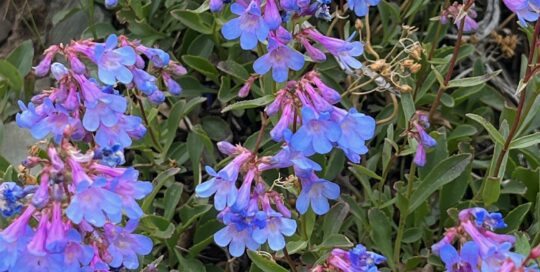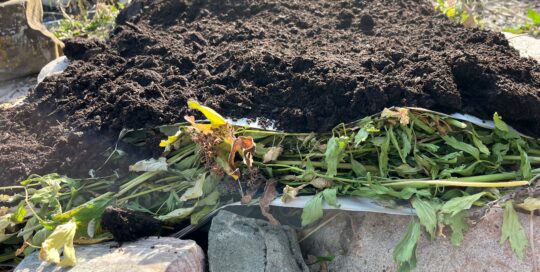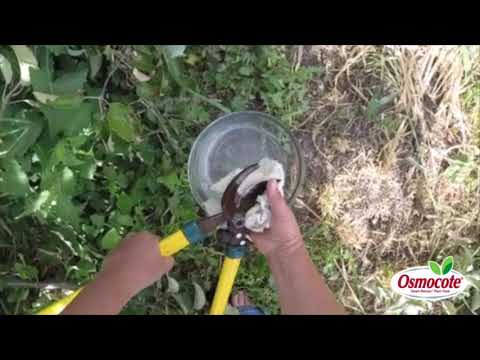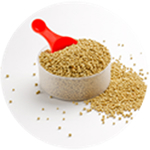Fighting the Asparagus Beetle
Views: 5750
One of the best spring crops is asparagus. It’s a delight to wander through the asparagus patch with a sharp knife to cut fresh spears for dinner. Unfortunately, there are a few pests that enjoy it as much as we do. The common asparagus beetle and spotted asparagus beetle are the primary species that target this yummy crop. The common asparagus beetle is the bigger problem of the two since it hits the young vegetables as soon as they emerge. The spotted asparagus beetle may do some damage to the plants, but since they dont emerge until late-May the plants are far more mature and less susceptible to them.
The adults overwinter in the soil and debris around the asparagus patch, and particularly like the bed down in the hollow stems of old asparagus. This is a big reason why its important to thoroughly clean the bed after the asparagus is done for the season.
Look Carefully for Asparagus Beetles
When the asparagus is coming up in the early spring, the common asparagus beetles emerge and lay eggs on the stems. Keep an eye for brown, oval eggs attached to the spears and ferns. If you find them, control is pretty easy; simply wipe them off to eliminate the next generation.
If you miss some eggs, they will hatch in about a week and the larvae will move to the ferns and stems to feed. Theyll do this for two weeks before falling to the soil to pupate and emerge as adults that will feed on the asparagus for the rest of the season.
The adult common asparagus beetles are only inch long with an oval shaped, blue-black colored body. They usually have a half dozen cream colored spots on their back. The spotted beetles are the same shape and size, but have orange bodies with black spots. They look very different than the lady beetle, our garden champion.
Most of the time, these beetles arent a huge issue. One way youll know you have them is if your asparagus spears curls over at the top like a shepherds crook. Its still edible, but doesnt look as good. A significant problem is if there is a severe infestation and defoliation, it can make the plant susceptible to Fusarium, a fungal pathogen that can kill the plant.
Chemical-free Ways to Control Asparagus Beetles
Fortunately, asparagus beetles are easy to control without bringing out the big (chemical) guns. For small patches, the best bet is to inspect your asparagus frequently; wipe off any eggs you find, and pick off the larvae or adults. Squish them or drop them in a bowl of soapy water.
Lady beetles eat the eggs and larvae, so make your garden a haven for these heavy feeders. But the best beneficial insect against the asparagus beetles is a tiny wasp. Tetrastichus asparagi is only 1/8 inch long with a metallic colored body, but it is deadly against these beetles. It lays its eggs in the larvae, and will knock out up to three-quarters of a beetle population.
The best way to make sure you have these little assassins on your side is not to kill them by using insecticides. Carbaryl, malathion and pyrethrin all kill asparagus beetles, but why waste the money when you can let the wasp do the dirty work? Keep your garden as free of chemicals as possible to bring in the good guys.
Meet Amy Grisak
Amy is a freelance author and photographer in Great Falls, MT who specializes in gardening, foods, and sustainable agriculture. She provides information on every kind…
Amy's Recent Posts

Watch for Fungal Diseases on Penstemon








